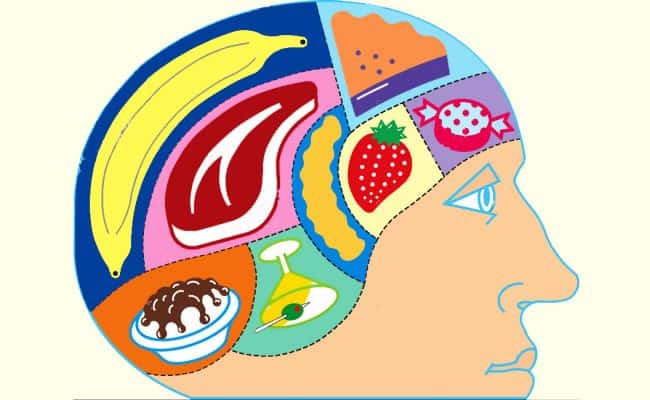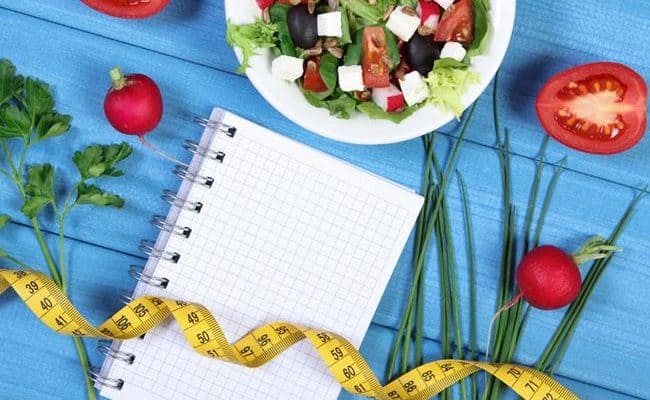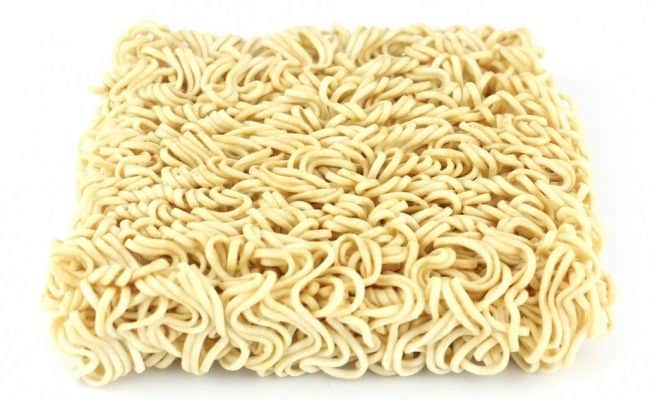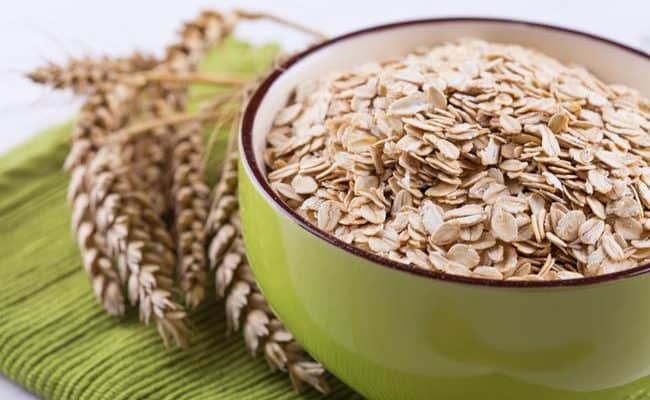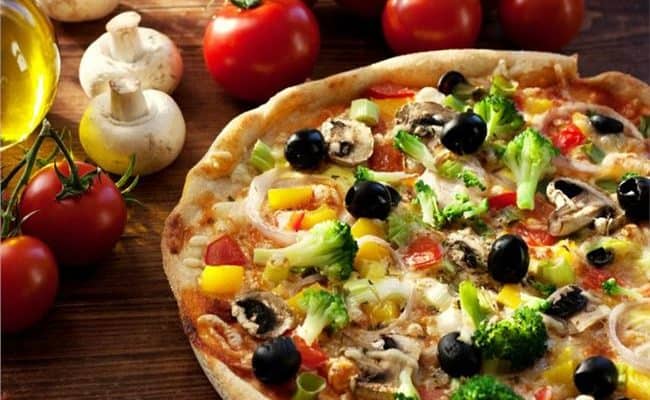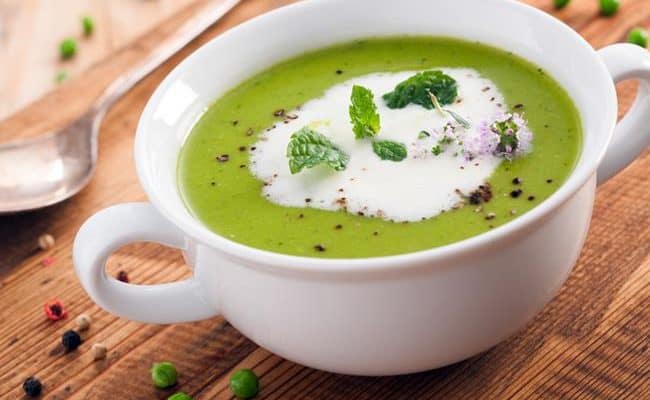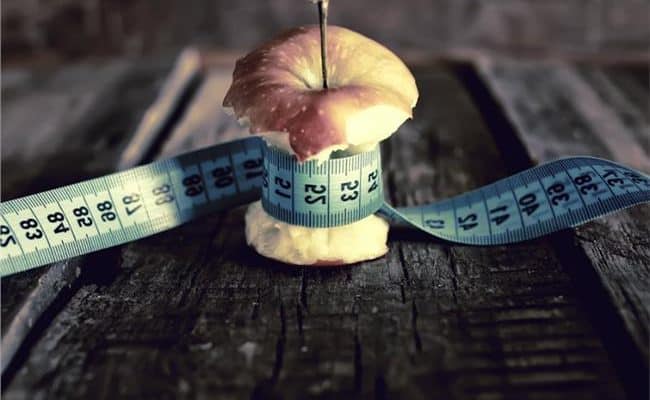
Oh no, portion control! That doesn’t exactly sound like we are in for some serious fun. It has more the taste of the food police giving you a ticket for eating.
No sorry, there is no item called chocolate cake on the portion control guide. Do you plead guilty? Oh and by the way this dinner roll is bigger than the size of a tennis ball! What do you have to say about that? No wonder the kitchen becomes an evil place like the dentists office. We don’t want to go there but eventually we have too.
Eating and nourishing the body should be a pleasure. You shouldn’t be obsessing or worrying about quantities like you’re visualizing a checkbook, a deck of cards or golf balls. So are there tactics we can use? You can’t carry a measuring cup all the time.
Why do we need portion control in the first place?
Because we tend to overeat. And overeating is often an act of impulse. We sleepwalk to the cookie jar and have no self-control until the bag of potato chips is empty. We don’t know when to stop. We switch-off our left-brain hemisphere, where our reasoning ability resides, when we encounter sugary and fatty foods. We eat alone in bedrooms, at the desk or while watching TV. We treat food like an inconvenient necessity that goes in one day and out the next.
So the primary problem of overeating is:
- Remote control behavior paired with the
- Inability to stop ourselves from making bad decisions plus
- Lack of motivation to make a smarter choice.
I don’t think we need another set of measuring cups or a new copy of the portion control guide. What we need is some brainwork. (See also: How to control portion sizes when losing weight)
#1 Eat
First let’s go to the basics. If our brain is to blame for overeating, then we better make sure it is happy. The suggestion to eat might sound counter productive when talking about overeating. But it’s about eating the right stuff.
Eating refined carbohydrates, and especially sugar, on a sustained basis not only leads to chronically elevated insulin levels but will also put us on the front seat of the blood sugar rollercoaster. Our brain doesn’t like being on a rollercoaster. It’s stressful and it makes us crave all the sugary foods that make the situation worse.
Happy brain foods have a low GI (glycemic index). Boost your brainpower with whole grains (steel cut oats not instant oats), fresh non-starchy vegetables (kale, spinach, tomatoes, broccoli), fresh fruits (blueberries, apples), nuts and seeds (flax, pumpkin, walnuts) and oily fish (salmon, herring, sardines).
#2 Drink water
Every function in the body depends on water. That includes our brain and the nervous system. Lack of water equals difficulties focusing, concentrating and memorizing things. It could mean that we suffer from brain fog and headaches and have sleep issues.
If our brain has to coordinate all bodily functions under these hard circumstances than it is very likely that we try to kick start its function with endless walks to the coffee machine and the donut vendor.
Also, often a craving for hydration is misunderstood as a craving for food. So every time we feel like eating something, we should first drink a glass of water. The craving may go away and we have hydrated our body.
#3 Eat slowly and chew
Eating slowly is not only a great exercise to practice self-control. A study that appeared in the Journal of the Academy of Nutrition and Dietetics found that we also eat fewer calories when eating slowly. Participants also drank more water and felt less hungry at the end of the meal. Sounds great, doesn’t it?
And it all makes sense. It is the natural portion control of our body. Digestion is a complex procedure. Just thinking (oh oh, brain activity again!) about that delicious Schnitzel starts our digestive juices to flow.
Chewing then activates taste receptors, grinds the food in smaller particles and mixes it with saliva, which contains important digestive enzymes. All this makes it easier for our digestive system to absorb the nutrients and gives it time to signal the brain, ok, we had enough.
#4 Practice mindfulness and connect to your food
Practicing mindfulness can turn our brain into a self-control machine. I mean think of Buddhist monks. Some of them are only allowed to eat one meal a day. Just the thought would flip our switch into imminent starvation mode. Yet the monks stay calm in the eye of a storm.
So make eating a priority. Turn off the TV. Don’t check your Facebook status. Set the table nice. If you don’t have family, then invite neighbors or friends for dinner. A dinner table should be a place of emotional warmth and connection. Then proceed with #3.
#5 Sleep
Sleep deprivation is not only connected to a drop in the number of immune cells in the body. If we are tired our brain can’t work efficiently because the brain cells ability to absorb glucose is compromised. This is when we try to bridge the gap with the fifth cup of Joe and a sugary chocolate bar from the lower desk drawer. Without a good night sleep we never will gain control over our bad eating habits. (See also: Does sleep help you lose weight?)
#6 Distract yourself or postpone it
When temptation is in front of us, it is hard to say no. But before we give in we could do something else for 10-20 minutes. Run up the stairs, volunteer to stock the copy paper, make a phone call while walking.
Chances are high that the desire has submerged or our brain has simply forgotten. The little exercise session releases happy chemicals in the brain that help us get over the impulse.
Postponing is great trick because we are actually not really disallowing ourselves something. We are just saying, not now, maybe later and when later comes, we make that decision again. This way the mountain we are about to climb just gets cut into little pieces and doesn’t look as daunting.
#7 Introduce fear
If #1 to #6 do not work then try to talk yourself out of it. It’s easier to adjust your diet or kick a habit if you truly believe it’s going to cause harm. I know the arguments are stronger let’s say for quitting smoking but in case you want to give it a try let me help you out with some possible examples. Exaggeration works.
- This donut will lead to elevated insulin levels, which leads to diabetes.
- This chocolate bar will turn me into a chocolate bar craving monster.
- This glass of heavy liquor will kill my brain and liver cells.
- If I keep eating a bag of potato chips after dinner, I will be dead before my grandchildren graduate.


